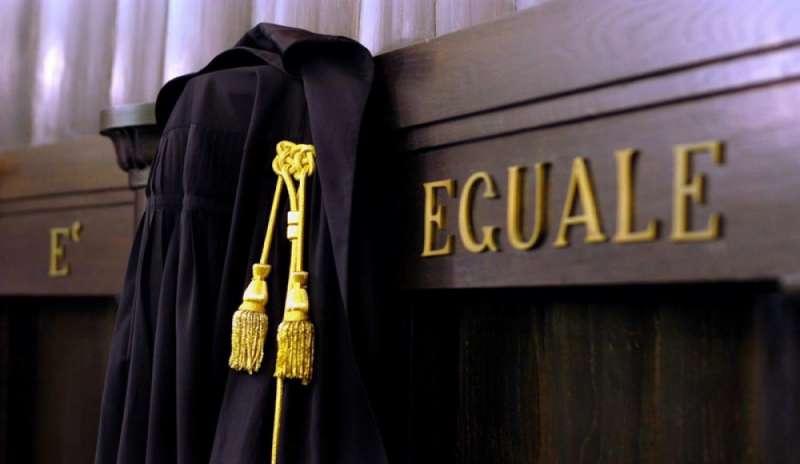
![[cml_media_alt id='2864']fasano_annamaria[/cml_media_alt]](http://www.interris.it/wp-content/uploads/2014/09/fasano_annamaria-150x150.jpg)
The government will be introducing reforms on justice, with the aim of reducing red tape and backlogs in the system. The excessive duration of legal proceedings is undermining the citizens ‘ rights to protection and hinders the growth of the country. Foreign companies do not invest financially in a country where judicial controversies take long to settle.. Both in civil and penal cases, adding to the bad functioning in the judicial system are the numerous proceedings underway and scarce resources available. Professionals in the sector cannot but point out that the real motivation lies in the fact that, in both cases, those who have “done wrong” have all the interest in extending times of legal proceedings as long as possible.
For civilians who are expected to fulfil their obligation in a contract, or to settle a debt certainly have an interest in delaying the obligation, while those who are guilty of an offence, despite having an advantage should they admit their guilt aforehand (have a reduction in the sentence) hoping in the statute –barred regulation of the verdict or as far as the granting of a possible amnesty (something often being rumoured about). Despite obvious problems, which will be further investigated under this section, include the proposals of the Lord Privy Seal (Minister of Justice) currently being debated by the government.
1. A decree on civil proceedings for example to cut down times and which introduces “assisted negotiation” (settlement) namely conciliation with the assistance of a lawyer and novelty lying in arbitration, separation and divorce matters, compensation on litigation costs, and shorter executive and legal proceeding rites; 2. A bill on magistrates, making them liable to a retribution against the State for malfeasance of a magistrate co-ordinated with disciplinary measures; 3. a Bill delegated to improve the efficiency and quality of Justice, giving prominence to the competence of the Court of companies, establishing specialized sections for the family and the individual, reforming the system in the phases of prosecution and reparation in the decision; 4. a Bill delegating a reform in the judiciary and honorary Justices of the Peace, which foresees the creation of a single statute absorbing the professionals with the same skills in the same Office, represented by the present judicial articulation of a Justice of the Peace; 5. a bill introducing amendments on criminal law, which also concerns the court-case system, the strengthening of the defense and ensures reasonable trial times, which includes the prison system aimed at strengthening rehabilitation programmes. 6. a bill on measures to strengthen the fight against organised crime and illicit assets, with legislative action to be taken against emission of false financial statements, aimng to retrieve their repressive effectivity; 7. a bill on the reform of book XI concerning Criminal Code proceedings that focus on enhancing relations between the member states of the European Union, speeding up procedures between the competent judicial authorities in the execution of Rogatory Letters (letters of request)needing the screening of the competent Supreme Court of Appeal, which currently slows down procedures.
“Let me just add that in light of these wave of changes we should ponder on the need to ensure respect for the well-functioning of the “Supervisor”of our legal system, so as to strengthen its role and its independant status, because whatever decision it takes, will then be in line with the credibility of the State.”
Traduzione: Marina Stronati






